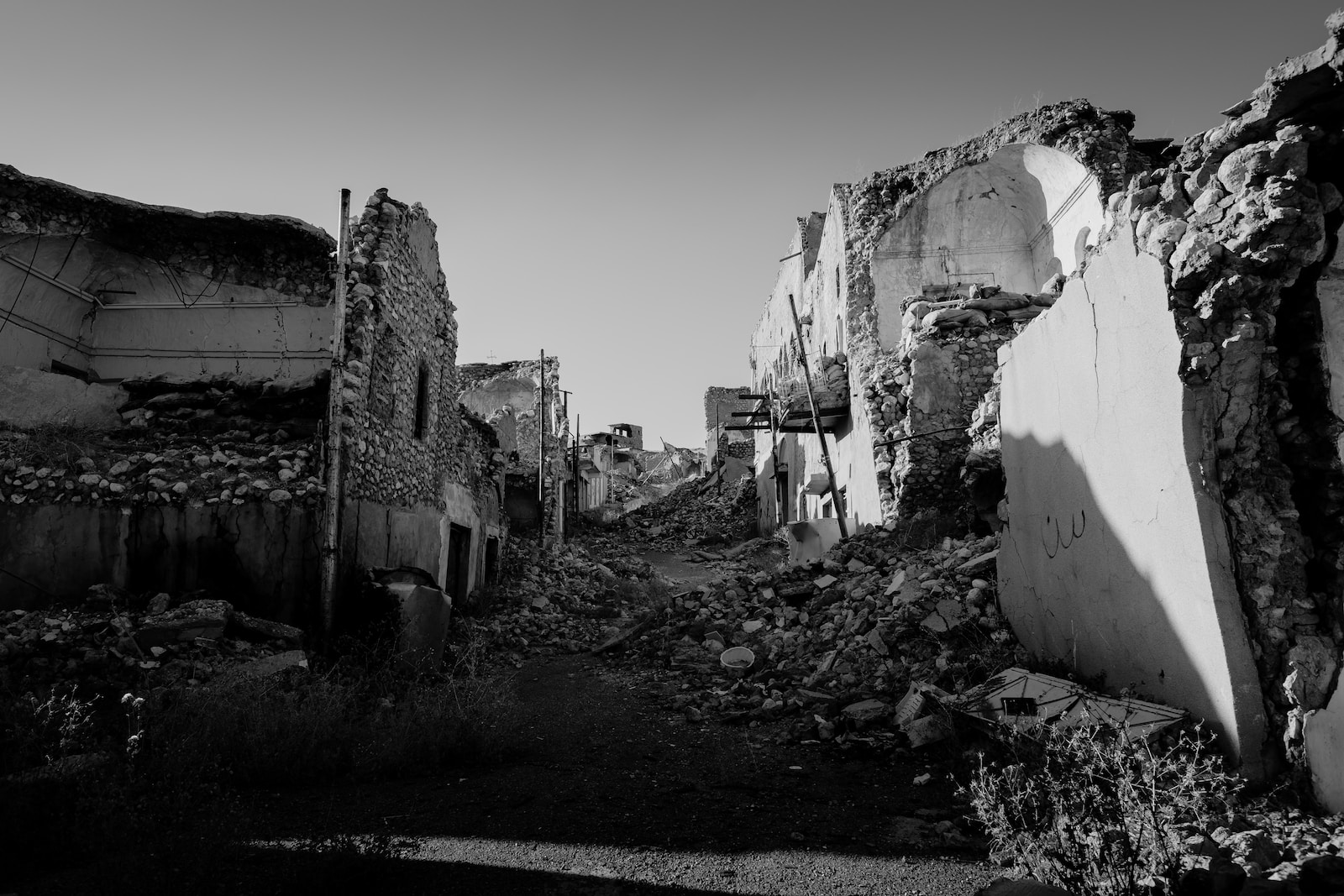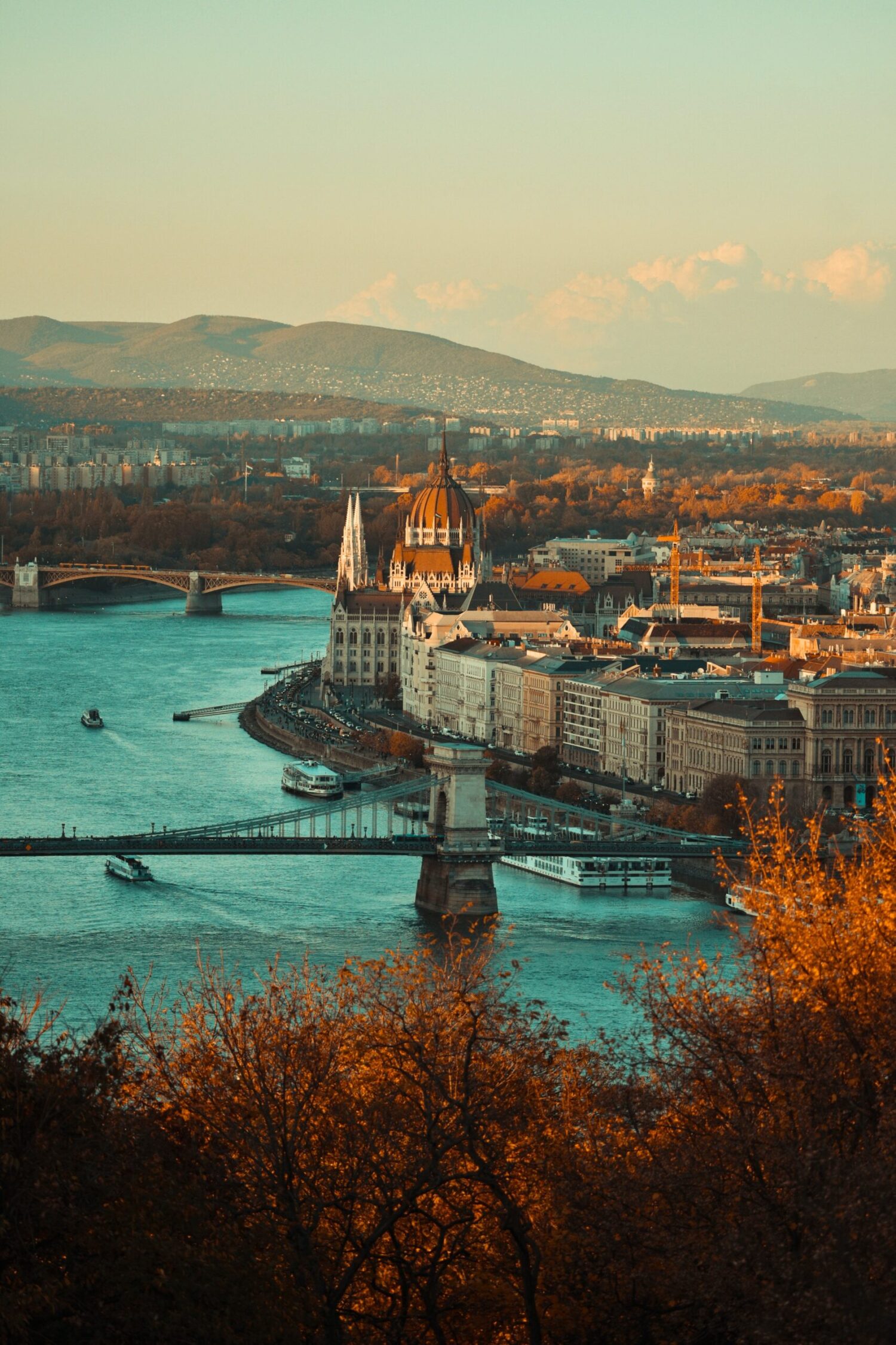The deadly earthquakes that struck western Afghanistan have left hundreds of thousands of people in urgent need of assistance. In response to the disaster, UN agencies are launching an appeal for funds to provide relief and support to those affected.
Disasters compounded
The earthquakes were followed by a series of aftershocks, including a major one on Wednesday that caused additional damage. On top of this, a dust storm on Thursday destroyed hundreds of tents in affected villages, leaving many displaced families without shelter.
According to the UN Office for Coordination of Humanitarian Affairs (OCHA), the affected families have been moved from the Gazergah Transit Centre to a school in Herat City, where they will require food and non-food relief items.
The situation is dire, and immediate action is needed to provide support to the affected families.
Appeals launched
The UN Refugee Agency (UNHCR) has launched a $14.4 million humanitarian appeal to provide shelters, heaters, and warm clothes to survivors who are sleeping out in the open. With winter approaching, it is crucial to ensure that these individuals have adequate protection from the cold.
UNHCR will also provide legal assistance and counselling, helping families recover and process essential documents to exercise their civil rights.
The UN Children’s Fund (UNICEF) has also issued an initial appeal for $20 million. This funding will be used to deliver emergency and trauma care for newborns and children, repair schools and healthcare facilities, and provide psychosocial and mental health support to children and families.
These appeals highlight the urgent need for funding to address the immediate and long-term needs of the affected families and communities.
Vulnerable families
The earthquakes have hit communities already grappling with years of conflict, insecurity, and climate-induced disasters. Rushnan Murtaza, acting UNICEF Representative in Afghanistan, emphasized the dire situation faced by children in these communities.
UNICEF and its partners have been providing life-saving assistance since the onset of the disaster. However, additional support is needed to ensure children have access to healthcare, protection, and clean water.
The situation is particularly critical for vulnerable families, and immediate intervention is required to prevent a further deterioration of their conditions.
Needs and response
UN agencies and their partners are continuing relief efforts and assessing the scale of the damage caused by the earthquakes and subsequent aftershocks.
Of particular concern is the damage to health facilities, which has left over 580,000 people cut off from medical care. The destruction of schools has also disrupted education in the region.
In response to the crisis, the UN World Food Programme (WFP) has supplied over 95 tons of food rations and commodities to thousands of affected people. UNICEF, UNHCR, and the International Organization for Migration (IOM) have delivered shelter, food, and non-food assistance to over 550 families in 15 affected villages.
The efforts of these organizations and partners are crucial in providing immediate relief and support to the affected communities.
Source: UN News
The earthquakes in western Afghanistan have had devastating consequences, leaving hundreds of thousands of people in urgent need of assistance. UN agencies have launched appeals for funds to provide relief and support to those affected. The situation is particularly dire for vulnerable families, who are already grappling with the effects of conflict, insecurity, and climate-induced disasters. Immediate action is needed to ensure that these families have access to essentials such as shelter, healthcare, and clean water. The damage to health facilities and schools has further compounded the crisis, leaving communities cut off from essential services. However, UN agencies, along with their partners, are working tirelessly to provide immediate relief and assess the scale of the damage. The international community must come together to support these efforts and ensure that the affected families receive the assistance they desperately need.














